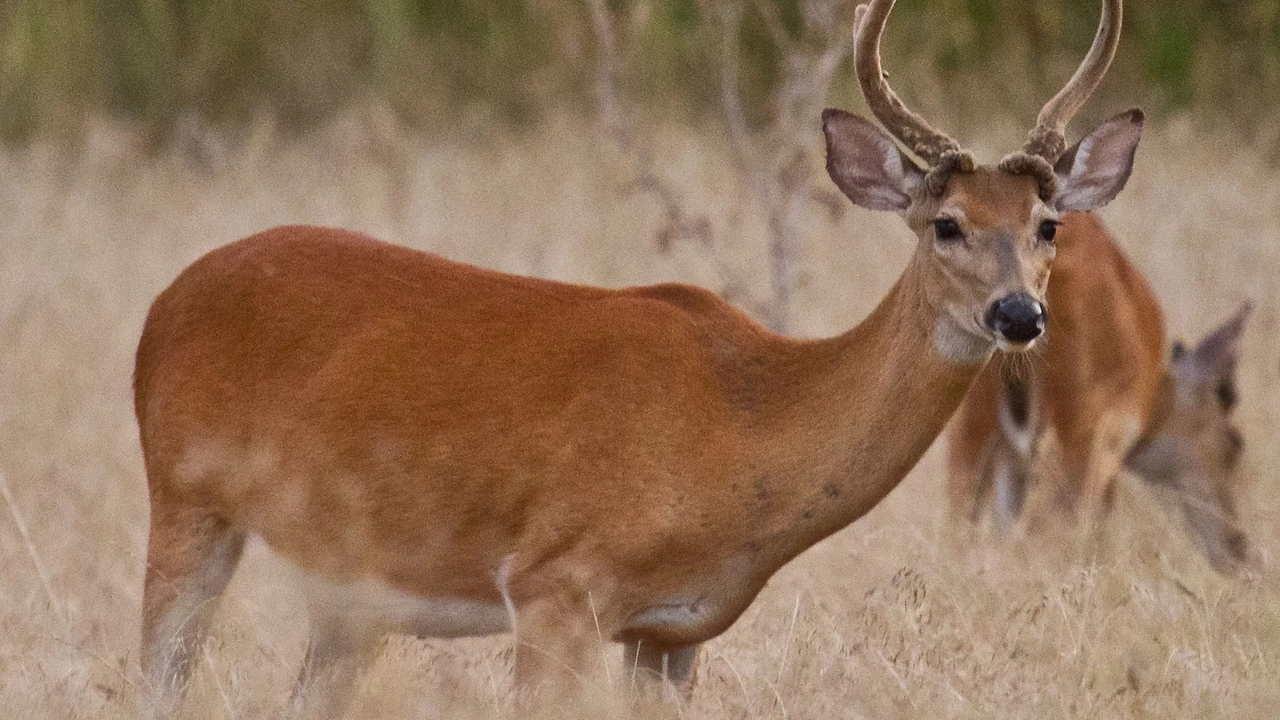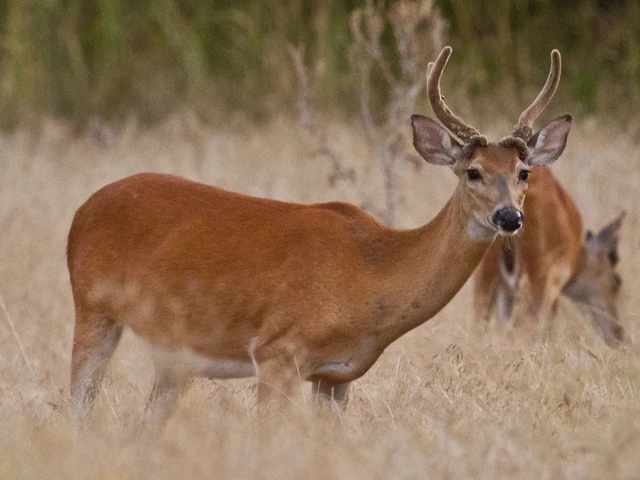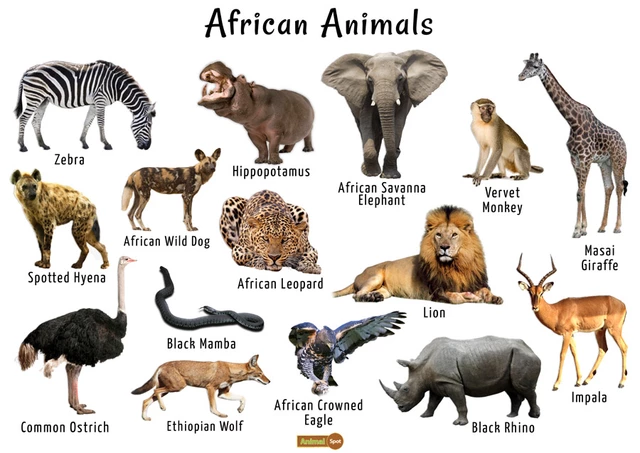
Understanding Deer Behavior
Before we delve into the question of whether deer hibernate or not, it's crucial to understand deer behavior. Deer are ruminants, meaning they have a unique digestive system that allows them to consume large amounts of food quickly and then digest it later. This adaptation enables deer to survive in environments where food is scarce or of low nutritional quality. Deer are also crepuscular, meaning they are most active during twilight hours, at dawn and dusk. This behavior helps them avoid predators that are typically active during the day or night.
Defining Hibernation
Before we can answer the question, "Do deer hibernate?", we first need to clarify what hibernation means. Hibernation is a state of inactivity and metabolic depression in animals, characterized by lower body temperature, slower breathing, and lower metabolic rate. Hibernation helps animals to conserve energy during winter when food is scarce. It's a survival strategy used by many mammals, most famously bears.
Deer and Hibernation: The Facts
So, do deer hibernate? The short answer is no. Deer do not hibernate in the winter. While their behavior and dietary needs change during the colder months, these adaptations differ significantly from the hibernation process other animals, such as bears, undergo. Instead of hibernating, deer have developed a set of unique strategies and adaptations to survive harsh winter conditions.
Deer Winter Adaptations
During winter, deer undergo several physical changes to survive. One of the most noticeable changes is the growth of a thick winter coat, which provides excellent insulation against the cold. Their metabolism also slows down, reducing their food and energy requirements. This allows them to survive on a diet that's mostly made up of woody browse, which is less nutritious than their summer diet.
Changes in Deer Behavior During Winter
Winter also brings about significant behavioral changes in deer. They become less active, often forming groups and choosing a small area, known as a yard, where they spend most of the winter. These yards are typically in dense forests, which provide shelter from the wind and snow. Staying put helps deer conserve energy and reduces the risk of predation.
How Deer Find Food in Winter
Deer have a remarkable ability to find food in winter, even when snow covers the ground. They rely heavily on their sense of smell to locate food buried under the snow. They also have a strong memory and can remember the locations of food sources from previous years. Additionally, deer are browsers, meaning they eat twigs, buds, and bark of trees and shrubs, which are available even in winter.
Threats to Deer During Winter
Despite their adaptations, winter is a challenging time for deer. Food scarcity, harsh weather conditions, and increased predation can all pose significant threats to their survival. Starvation and exposure to extreme cold are two of the most common causes of death among deer during winter. Predators like wolves and coyotes also pose a greater threat as deer become more vulnerable due to reduced mobility in deep snow.
Conclusion: Deer's Winter Survival Strategies
In conclusion, while deer do not hibernate, they have developed a range of unique adaptations to survive the winter months. From physical changes like growing a thick winter coat and slowing down their metabolism to behavioral adaptations like yarding and reduced activity, deer are equipped to face the challenges that winter brings. These survival strategies, combined with their ability to find food in tough conditions, help deer endure the harsh winter months without the need for hibernation.
Related Posts
You may like these posts too



Write a comment